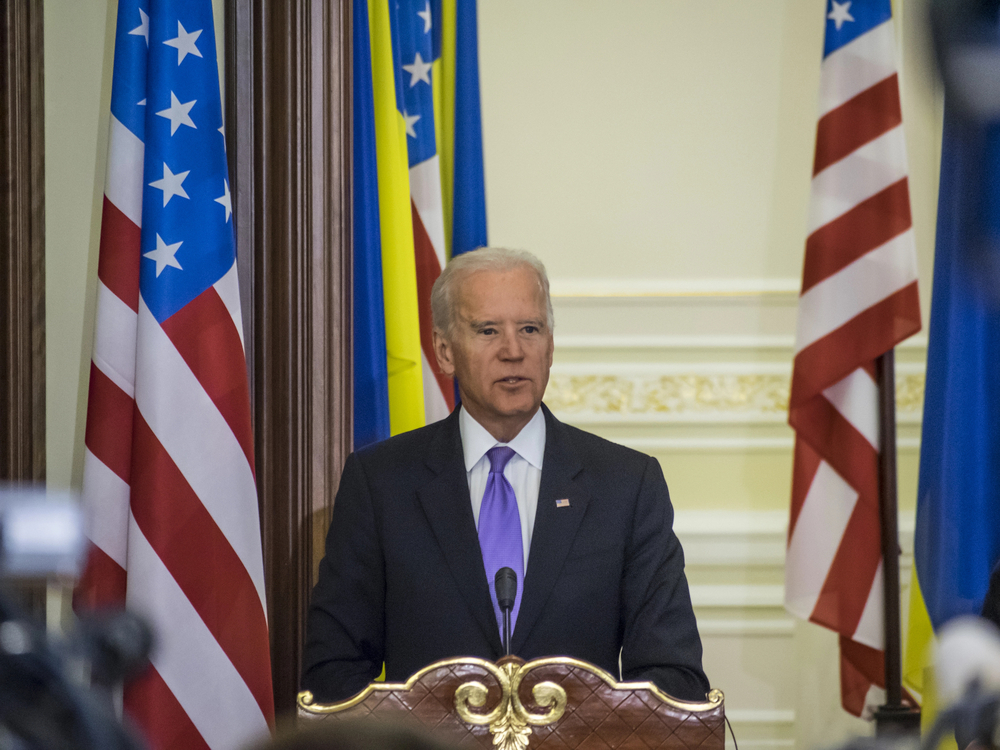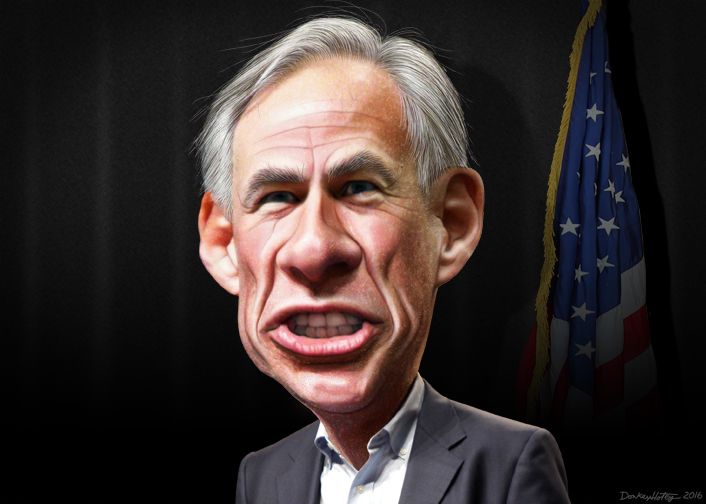Dallas’s pension problems finally came to a head this past week.
After weeks of increasingly dire headlines and the pension equivalent of a run on the bank, the Board of Trustees for the Dallas Police and Fire Pension System finally decided to suspend lump-sum withdrawals from the fund. The move prevented the fund from having to cash out an additional $154M in pending withdrawal requests, which represented more than 20% of its remaining liquid assets.
Dallas’s mayor Mike Rawlings said the move stopped the “bleeding,” until a long-term solution could be implemented. Unfortunately, the pension crisis in Dallas has progressed to a point where there are no easy solutions remaining.
In the most recent audited financials, the main pension fund reported that it was just 45.1% funded as of January 1, 2016 (p. 4). For sake of comparison, one year earlier, the plan reported being 63.8% funded. And two years ago, the plan was said to be 75.6% funded. In other words, the Dallas pension has suffered a very rapid descent toward insolvency.
That means that any solution is going to leave many people unhappy. Pensioners, taxpayers, or both are going to face considerable financial hardship. The only good news is that they are actually talking about it, though it remains to be seen if any meaningful reform will emerge.
Pensions and Political Incentives
While Dallas’s pension faced some unique issues, it also appears to suffer from the same problems that plague most public pensions. In short, future benefits grew faster than current contributions. And the plan’s actuaries assumed an optimistic 7.25% rate of return on its assets that it has failed to consistently achieve in the current period of ultra-low interest rates.
These problems are created, in large part, by the short-term incentives that politicians face. In the short run, offering generous future benefits to government workers is a great political move — you might be able to gain support from influential groups like the teachers, police, or firefighters and it will have little to no impact on the budget before the next election. This explains why Dallas once offered its fire and police pensioners a lucrative deferred retirement option that would accrue interest at a guaranteed 8.5% (p. 23).
Assuming an optimistic rate of return for actuarial purposes is also a great political decision — it keeps the funded ratio for the pension higher than it otherwise would be, giving the appearance of financial health. The cost of this unwarranted optimism is merely long-term insolvency and possible bailouts, which in most cases, won’t occur before the next election or before our clever politician retires. This helps explain why Illinois’ pension system recently had a very public fight over decreasing the assumed rate of return.
Here again, this decision provides a benefit without any perceptible cost in the short-term. For a politician to make responsible decisions with respect to either of these elements of pension policy, they would have to defy these incentives or try to explain pension accounting to their constituents. Obviously, it’s a tall order.
A False Choice
These incentives tend to put public pensions on an unsustainable path. In Dallas and elsewhere, we’re witnessing what happens when they near the end of the road.
At this stage, two things start happening. Responsible (or panicked) policymakers start to consider more realistic solutions, including benefit cuts and increasing employee contribution requirements. And in response, these same policymakers are skewered for considering policies that harm the pensioners. This quote from a retiree in Dallas conveys the sentiment well:
“Merry Christmas, mayor. Hopefully you have a good Christmas because you have successfully screwed over the retirees, the firefighters and the police officers.”
Similar attacks occur on the national level whenever a politician has the gall to question the sustainability of Social Security or Medicare. The ad showing House Speaker Paul Ryan wheeling Grandma off a cliff was a particularly memorable example.
It’s easy to see why these attacks are effective. But they present a false choice.
In essence, these types of critics imply that there are two options: 1) Keep things the way they are and protect pensioner/retiree benefits or 2) Reform and reduce benefits to cut costs.
The problem is that Option 1 doesn’t exist. In most cases, the only reason reform is even being considered is because the system is already nearing a cliff. Keeping things the way they are means protecting benefits for a short while longer — after which they will be immediately eliminated entirely due to lack of funds.
The real question at hand in Dallas and other pension debates is not about whether or not we should protect retirees. Retirees are going to suffer some financial pain no matter what; that’s what happens when you have twice as many liabilities as assets (or worse).
The question now is whether we want the financial pain to be gradual and small or sudden and massive. This should not be a tough choice. Retirees could plan around the predictable costs of reform; planning for the system’s total collapse is much harder.
It remains to be seen whether any meaningful solutions will emerge in Dallas. But this week’s decision to suspend withdrawals should serve as a reminder that a collapse in public pensions is possible — and probable — if current trends continue.











